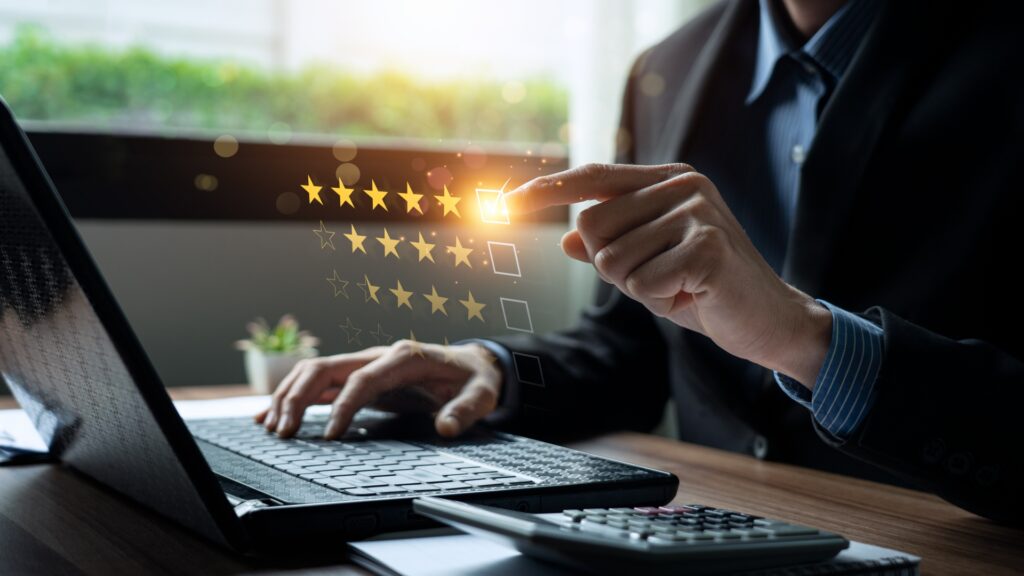The Importance of Reducing Your Business’ Energy Consumption
Reducing costs is one of the main goals of companies looking to increase their levels of profit. This means that keeping spending as low as possible in areas such as energy consumption is a must. There are several reasons that reducing energy consumption is a must, and several steps to take when reducing these costs.
When you’re running a small to medium enterprise, keeping your overheads at a reasonable level is a must. After all, profit margins can be razor thin as things are, with rising costs of gas and electricity causing a further dent in your bottom line. Find out more about the importance of cutting your energy consumption and some tips for reducing the amount of power that your business uses.
Why is cutting consumption important?
There are plenty of benefits to cutting energy consumption in a business. The first of these is the rising cost of energy in modern society. Chancellor Jeremy Hunt stated that “it is a national mission to make sure that we can’t be blackmailed” by international powers and energy suppliers on energy prices. In an international energy market companies lack control over prices, which means that the only way to cut down on your spending is to cut down on the amount that you use.
The other benefit of cutting consumption is to help the environment around us. Whilst the amount of renewable and nuclear energy we use is increasing, there is still something of a reliance on fossil fuels. Cutting down on energy consumption as much as possible is a must whilst energy generation still has such a harmful impact on the world around us. In the future energy may be cheaper and emission-free, but that isn’t the case yet.
Tips for cutting consumption
Businesses have several steps they can take to cut down on their energy consumption. These include:
Turn devices off
There can be a temptation at the end of any workday to leave your devices on standby. However, as they sit and wait for the employee to come back to work, they continually drain power and add to energy bills. Think about implementing a company-wide policy of saving work at the end of the day and switching everything off. Whilst some servers and other infrastructure need to stay up, there’s no need for individual devices to keep uselessly using power on standby.
Use efficient devices
As a procurement officer in a business, look to use more efficient devices. According to an executive at Kingfisher, Thierry Garnier, there has been “a clear step-up in customer investment in energy saving and efficiency”. This includes people buying energy-efficient bulbs and lighting, in addition to more efficient white goods such as fridges. Think about energy consumption in every purchase your organisation makes, as this saves you money and energy in years to come.
Get a programmable thermostat
Some business premises use relatively old infrastructure, with manual heating or systems that rely on timers. Smart heating and thermostats are ideal for this. This means that you can use your heating only when it is necessary rather than based on a timer. Everyone in the office stays more comfortable with minimal effort, all whilst saving energy for the company and cutting down on bills for the business. This is both a quality of life increase and a significant energy saving.







